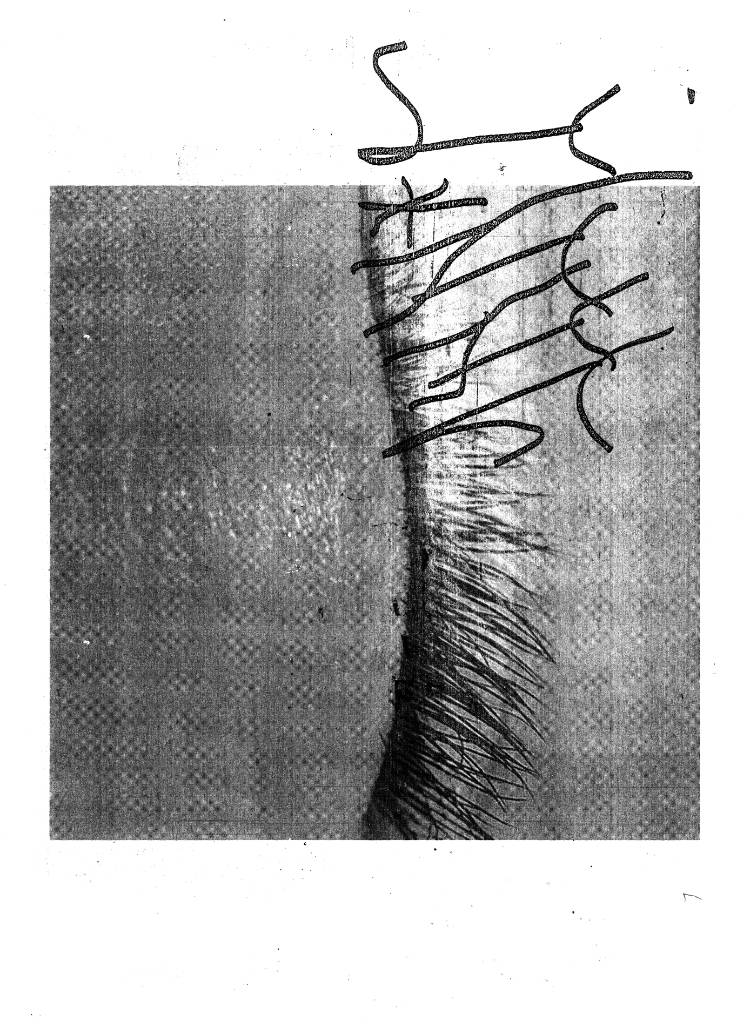
Métaphoriques Cannibales
non-a ed.
Métaphoriques Cannibales est un recueil transdisciplinaire, où le cannibalisme est pris comme métaphore, comme un concept ouvert aux analogies, comme anthropopoiésis et boîte noire, et comme fait social total.
Peuplent cet endroit des individus qui s’abreuvent de symboles, d’imaginaires, d’occulte, d’intime et ne craignent pas d’en recracher des images et idées d’une extrême violence, tout en constituant paradoxalement l’univers de leur production comme “safe space”.
Le cannibale est une spécialité belge, composée d’un toast recouvert de filet américain (une variante belge du steak tartare).
Transgressif et provocant, c’est ici un paroxysme de l’altérité et fantasme de l’Autre, qui permet par reflet de nous contempler nous-même.
La vie n’a de saveur que pour devenir viande.
La transgression, c’est aussi aller plus loin. Oser aller plus loin. Plus loin que les normes communément admises qui sont toutes relatives et violentes.
SUBSTANCE MOLLE ET SANGUINE
Nous cherchons des outils spéculatifs pour pænser notre monde.STIMULI VISUELS HOMOGÉNÉISÉS PAR LE ROUGE
C’est d’un brouillard polysémique empli de chimères, d’un tabou lardé de malaise et d’angoisse, bien au chaud dans un ventre plein de plasma, que ɴon-ᴀ émet ce recueil transdisciplinaire.
Dans la large brèche que nous propose l’ouverture de notre thématique, s’engouffre une multitude d’approches : de la chansonnette, au récit spéculatif, de la définition critique, à la BD vorarephile, du reportage photo, à la poésie expérimentale, de la théorie d’écologie spéculatif, à la performance eroticocculte.
Explorons les obscures profondeurs de nos éthiques pour y trouver les fondations de nos ontologies... se mordre d’une balle dans le pied.
Contributeur·rice·x·s
aariel136, Maurane-Amel Arbouz, Nina Bigot,Mathilde Block, Juliano Caldeira, Rémi Calmont, Rouge Cendre, Chloé Clemen, Sam Ectoplasm, Robin Faymonville, Gabriel René Franjou, Tristan Gac, Léo Gillet, Charlotte Guerlus, Théophile Gürtin, KarenDK, Olga Mathey, Louise Mervelet, Jean-Baptiste Molina, Hélène Alix Mourrier, Carole Mousset, Lucy Ozon, Angel Raymond, Andres Komatsu & Camila Roriz, Paradoc sale, Manon Schaefle, Yan Tomaszewski, Tom Valckenaere, Chloé Viton, xX-Sukuba-Xx, Zelig, Janna Zhiri




